Debate over the debt limit is dominating the news, but consider this staggering fact: In 2021, the US spent $378 billion on prescription drugs alone.
Congress recently directed the Department of Health and Human Services and Centers for Medicare and Medicaid Services (CMS) to begin, in 2024, negotiating prices for select drugs.
While a worthwhile goal, this narrow effort ignores basic policy related to how drugs are approved and ultimately used by the almost 64 million people on Medicare. This approach is like closing the barn door after the horse has left. It may save some money, and things will appear to be better, but in the end, costs will continue to rise.
Two things strike me as being wrong. The first is that as drugs are being approved by the Food and Drug Administration (FDA), the drug cost to the consumer should be a consideration – but that isn’t the case. What good is a drug that has been proven effective if no one, or a select few, can afford it?
It is widely understood that to get most drug or devices widely used, begin with FDA approval, and CMS approval follows, which means the drug or device is allowed under Medicare. This process is often the gateway to approval by other insurers. However, the process has no real cost or price constraint. Expenses can explode, and they have.
If the FDA and CMS approval processes were combined, or placed on dual track with both including price as a consideration, there’s a chance the horse stays in the barn.
The second step would be to place requirements or limit the direct-to-consumer marketing by drug companies. If limiting ads steps on a company’s first amendment rights, perhaps ads clearly mention the cost of the drug; that a drug may or may not be covered by insurance, or what the patient co-pay might be for a particular drug.
It’s essential a refined process not limit research approaches for drug development or result in fewer drugs. I’m optimistic that since the National Institutes of Health drives much of the funding that spawns drug research and development, perhaps there can be a coordinated mechanism to throttle or bridle drug development in at positive way.
Changing how we regulate and approve new devices and drugs would create a first line of defense against high prices – a defense that’s urgently needed.
Featured news
Ted’s Take: Errors in formulas and what it means for AI
Spinach is the best source of iron. I’ve understood this for decades now. As I ate more and more healthy foods, I’d choose spinach salads because of the “great” nutritional value, particularly iron.
Ted’s Take: An ounce of prevention
They stay an ounce of the prevention is worth a pound of cure. Isn’t it the truth.
How physicians are paid
Despite a growing need for general practitioners, the Medicare system is not helping with this shortage given the maldistribution of reimbursement between general medical providers and surgeons and other specialists.

Jayne Koskinas Ted Giovanis
Foundation for Health and Policy
PO Box 130
Highland, Maryland 20777
Media contact: 202.548.0133


